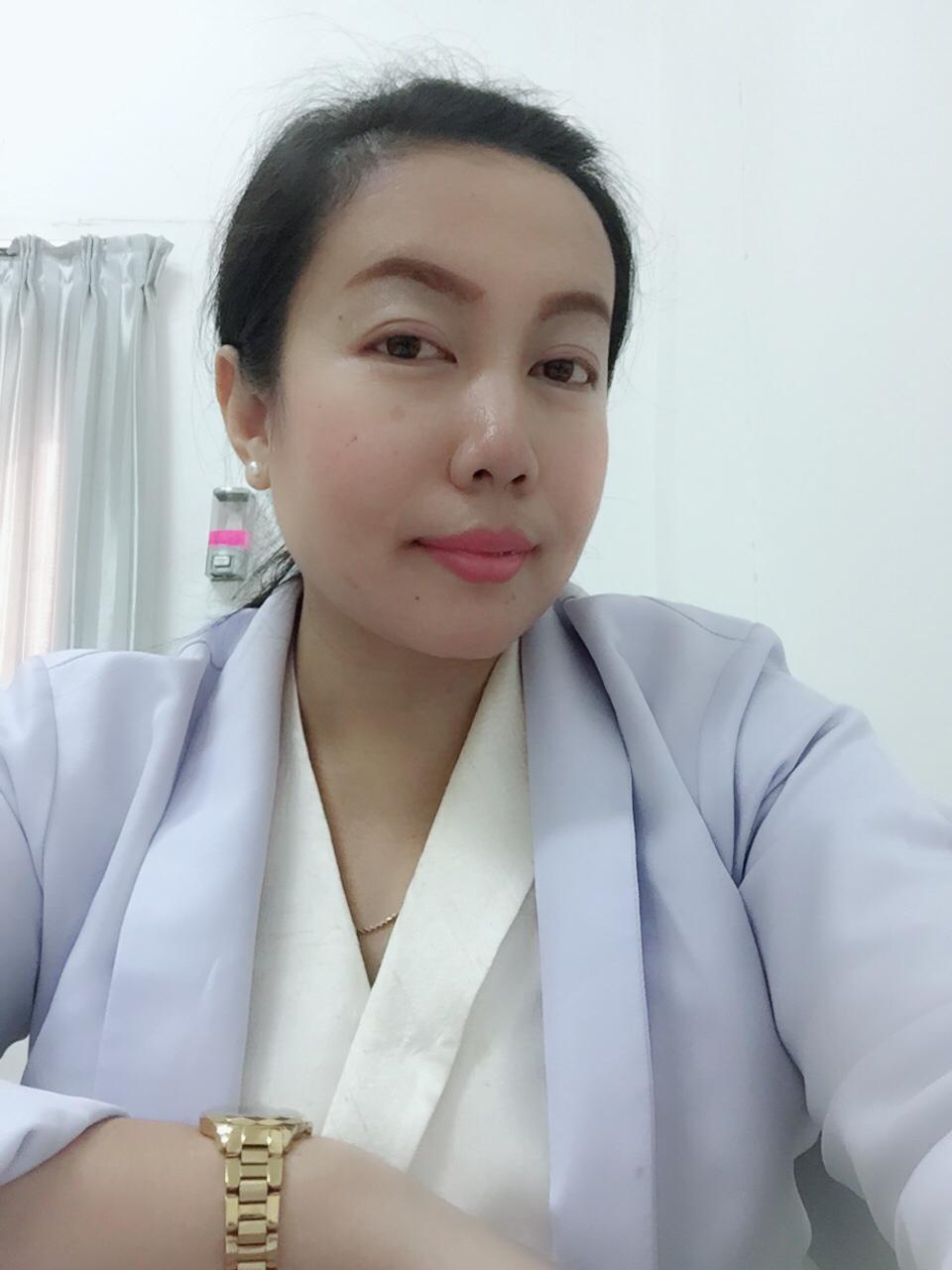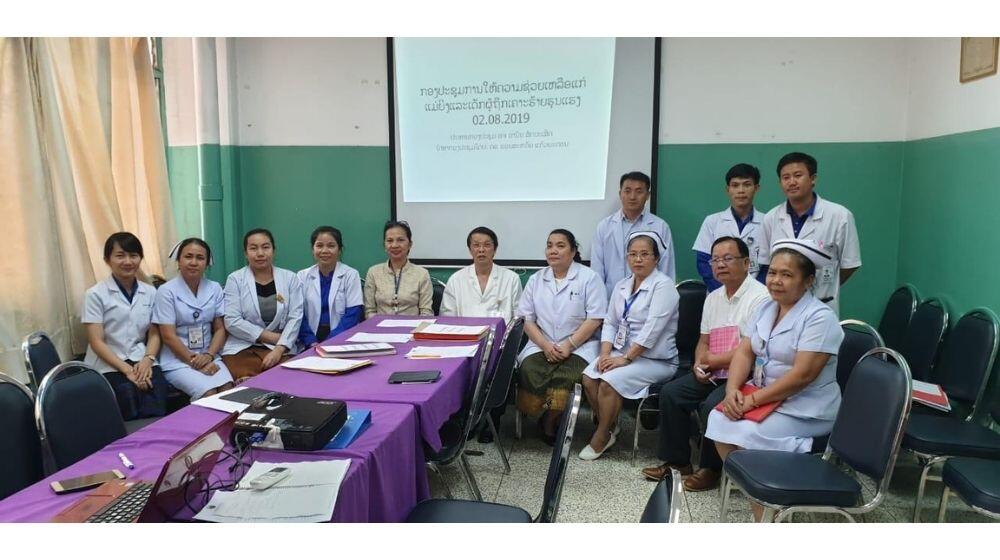
“Among my patients, many women I see that are subject to violence are assaulted by their close relatives, usually sexual violence”, says Doctor Anoulak Phaboutdy, adding: “Providing counseling to survivors is sensitive work, mostly not understood by the community.”
At the Department of Obstetrics and Gynecology, Gynecology Division, Mother and Child, UNFPA met with one of the health providers trained through the government and UNFPA’s program on the health sector response to gender-based violence (GBV). Dr. Anoulak is a young medical specialist in gynecology and a trainer for safe abortion care, responsible for counseling and monitoring women and children survivors of GBV.
“Sometimes a doctor is the first person to respond to violence against women,” Dr. Phaboutdy says of the critical role frontline healthcare workers have to play in responding to GBV. Women or adolescent girls who have experienced violence seek care at the hospital where Dr. Phaboutdy works on average once a month. This year, they have supported 22 women survivors of violence.
Dr. Anoulak comments that often the perpetrators are known to the survivor. She says that “the majority of cases that come to us involve sexual exploitation or abuse of children or adolescents, such as violence committed by teachers, uncles, stepfathers, and neighbors that they knew well. Older adolescents reported being sexually abused by their boyfriends or friends when they went out together.”
When a survivor presents at the Emergency Outpatient Department showing signs of violence or disclosing it, suspected or confirmed violence cases are reported, shares Dr. Phaboutdy. Once the victim-survivors receive a physical and mental checkup, the team will coordinate with the relevant sectors., for example, if the victim-survivor needs safe shelter or legal advice. If legal action is required, the police will come and take the examination results, acknowledged by the Hospital Directors Committee.
Despite this, says Dr Phaboutdy, “we still face challenges in regards to coordination or referral systems. For example, some cases were mediated within the family or mediated at the village level instead of seeking assistance from hospitals and the justice system.”
Dr. Phaboutdy also identified key areas to better improve systems response to survivors of GBV. Amongst them: more counseling and private check up rooms, more shelters, and better equipment to collect forensic evidence, such as tools to collect hair, semen, or blood on the victim’s body and clothes. She also calls for capacity building for counselors and police agents to sensitively ask questions and ethically collect information and evidence.
“It can be very challenging when the victim finds it hard to trust the doctor and tell us everything that happened. If the victim refuses to speak, we link her to the shelter and place her in a safe place. Coordination with shelters guarantees confidentiality, which is effective way to help the victim”, said Dr. Phadoutdy.
Within the National Plan of Action for elimination of Violence against women and children, UNFPA partners with LWU and NCAWMC, to implement the Essential Services Package for Women and Girls Subject to Violence (ESP). The ESP aims to strengthen multi-sectoral coordinated quality services in responding to incidents of GBV, including the health sector. A formalized referral pathway between sectors and agencies is being established at a national level and will then be replicated at the provincial level. The ESP is funded by many donors, including DFAT, KOICA, SDC, and the UK.
The health sector response to GBV has been stepped up by strengthening the capacity of health providers to respond and serve women and girls subjected to violence. The Ministry of Health conducted four-day capacity training with support from UNFPA in August 2021.
For Dr Anoulak, this work is immensely important. “As a female health provider working on this highly sensitive issue, although it is very challenging, I am proud to be part of the health sector's response to GBV. By providing survivors with primary healthcare, counseling, and referring them to safe places to access justice and claim their rights, they can live their lives safely and have a bright future.”
UNFPA acknowledges and appreciates all the frontline workers, like Dr Phaboutdy, that provide lifesaving services to survivors of violence.
If you or someone you know has experienced violence, you can visit your nearest hospital, contact Lao Women’s Union on #1362, or the police on #1300.


